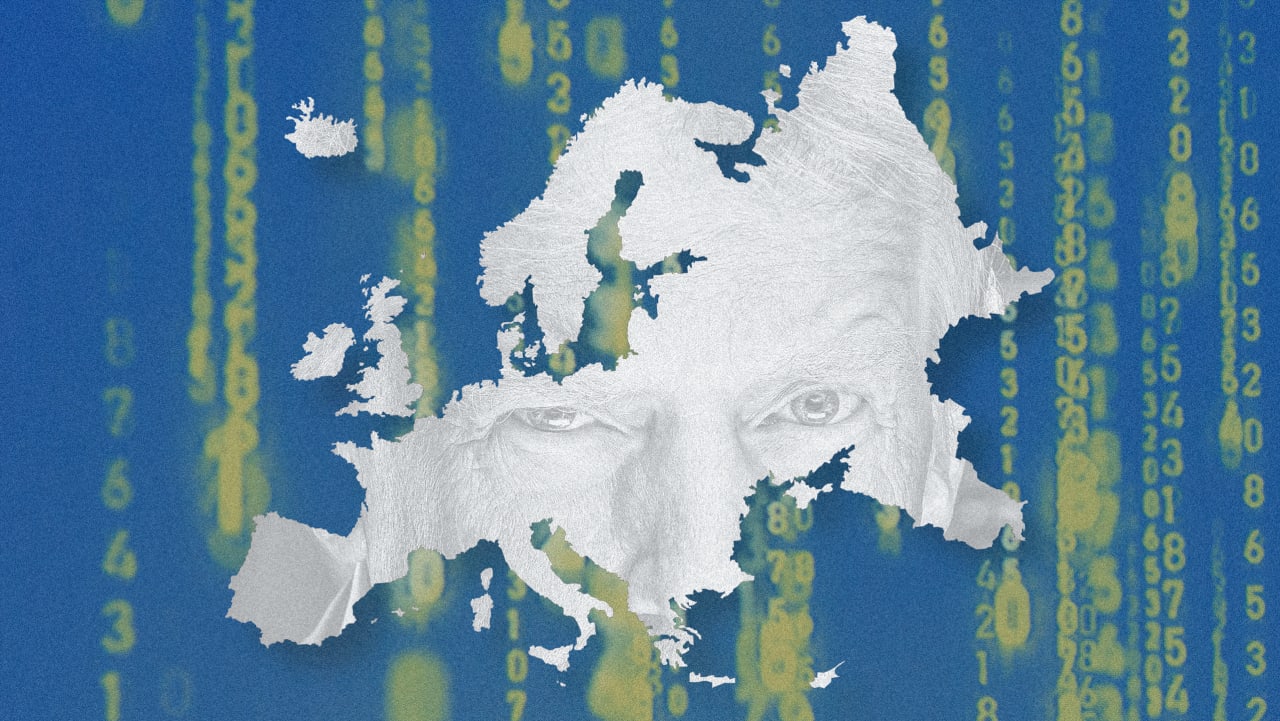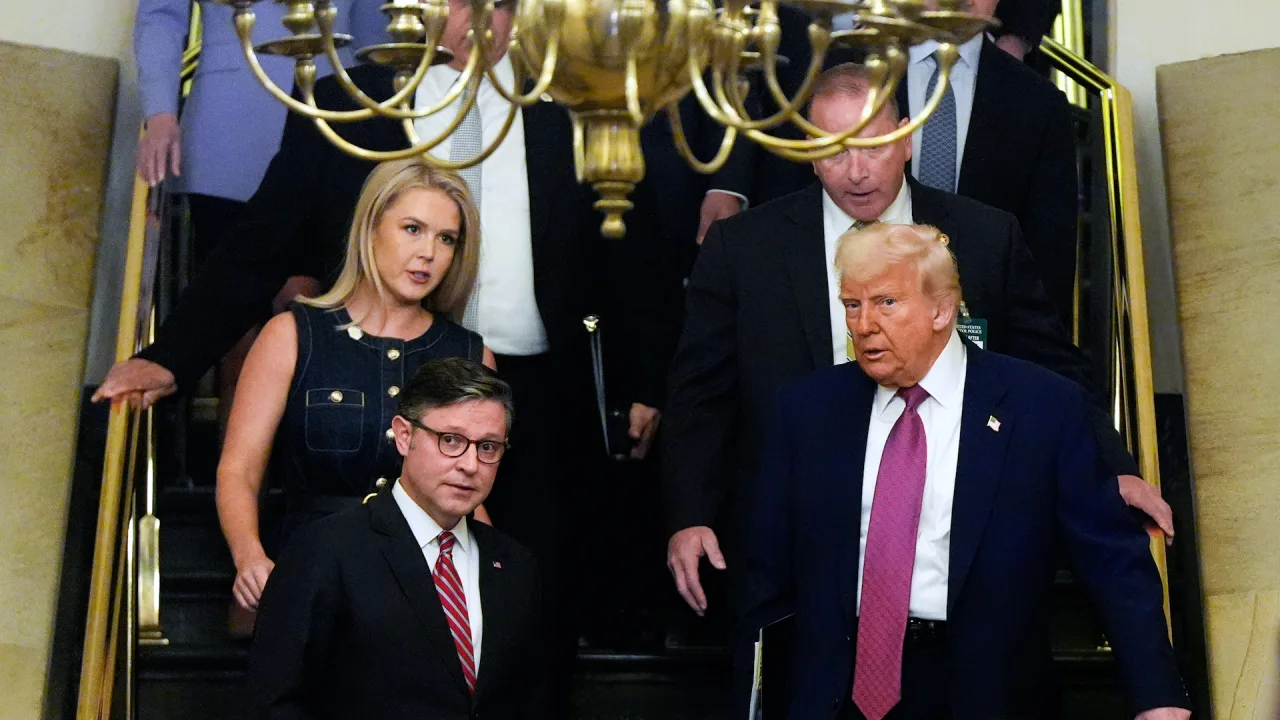Trump postpones European tariff hike, cites ‘rapid’ talks ahead
A potentially devastating new round of tariffs looming over the European Union’s trade relationship with the U.S. will be pushed back for at least a month as negotiations continue. President Trump on Friday announced plans for a 50% tariff on EU goods, expressing frustration with the 27-country bloc and repeating his talking points about the trade deficit between the U.S. and the EU. After a call over the weekend with European Commission President Ursula von der Leyen, Trump agreed to a new deadline of July 9 to give the U.S. and EU time to hash out a deal. “I agreed to the extension—July 9, 2025—it was my privilege to do so,” Trump wrote on Truth Social. “The Commission President said that talks will begin rapidly. Thank you for your attention to this matter!” Trump’s cooperative comments were a tone shift from his Friday mood toward the bloc, when he described the talks as “going nowhere” and slammed the EU for being difficult to deal with. Von der Leyen reiterated that the EU needs until July to sort out the details of a new trade deal—and to talk its way out of Trump’s threatened 50% tariff, which would devastate existing trade norms between the global powers. “The EU and U.S. share the world’s most consequential and close trade relationship,” Von der Leyen said on X. “Europe is ready to advance talks swiftly and decisively.” On Friday, Trump also rounded on Apple, threatening to implement a 25% tariff if the Cupertino, California-based iPhone maker doesn’t bring its manufacturing stateside. The passing attack was enough to prompt a dip in Apple’s shares as investors fretted over the high price tag of a hypothetical U.S.-made iPhone and the logistic impossibility of the company relocating its vast production operation, which is largely based in China. The fresh trade threats against the EU are just the latest turn on Trump’s trade roller-coaster ride, which has thrown global alliances into chaos, upended markets, and raised a new round of red flags that U.S. consumers may again be facing higher prices on everyday goods.

A potentially devastating new round of tariffs looming over the European Union’s trade relationship with the U.S. will be pushed back for at least a month as negotiations continue.
President Trump on Friday announced plans for a 50% tariff on EU goods, expressing frustration with the 27-country bloc and repeating his talking points about the trade deficit between the U.S. and the EU. After a call over the weekend with European Commission President Ursula von der Leyen, Trump agreed to a new deadline of July 9 to give the U.S. and EU time to hash out a deal.
“I agreed to the extension—July 9, 2025—it was my privilege to do so,” Trump wrote on Truth Social. “The Commission President said that talks will begin rapidly. Thank you for your attention to this matter!” Trump’s cooperative comments were a tone shift from his Friday mood toward the bloc, when he described the talks as “going nowhere” and slammed the EU for being difficult to deal with.
Von der Leyen reiterated that the EU needs until July to sort out the details of a new trade deal—and to talk its way out of Trump’s threatened 50% tariff, which would devastate existing trade norms between the global powers. “The EU and U.S. share the world’s most consequential and close trade relationship,” Von der Leyen said on X. “Europe is ready to advance talks swiftly and decisively.”
On Friday, Trump also rounded on Apple, threatening to implement a 25% tariff if the Cupertino, California-based iPhone maker doesn’t bring its manufacturing stateside. The passing attack was enough to prompt a dip in Apple’s shares as investors fretted over the high price tag of a hypothetical U.S.-made iPhone and the logistic impossibility of the company relocating its vast production operation, which is largely based in China.
The fresh trade threats against the EU are just the latest turn on Trump’s trade roller-coaster ride, which has thrown global alliances into chaos, upended markets, and raised a new round of red flags that U.S. consumers may again be facing higher prices on everyday goods.




























































































































































